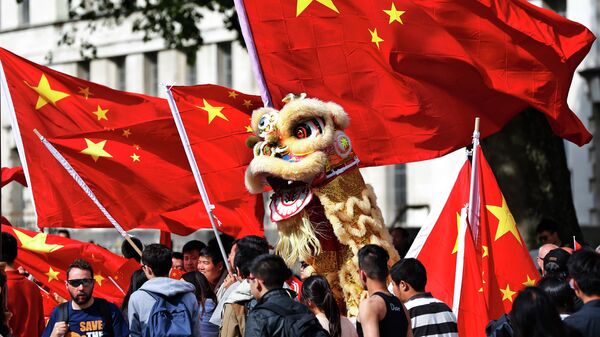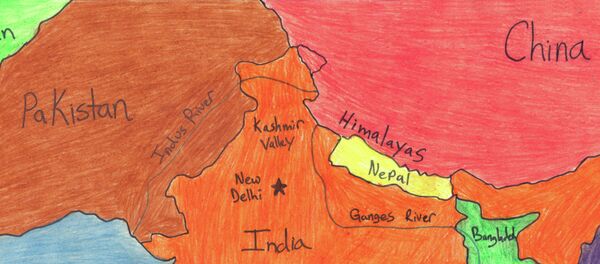Gaulard explained that, similar to the US in Europe, China is now conquering foreign markets and gaining control over the developing countries of the South Asia.
“Since President Xi Jinping came to power in 2012, the country actually puts more emphasis on the so-called ‘soft power’. Besides the economic and financial ties, China helps [the developing] countries finance infrastructure projects and increases the development aid paid to countries where it has strong interests,” she said.
As the Marshall Plan implemented by the United States in Europe to counter the Soviet influence after the Second World War, the new investment bank, created by China to finance infrastructure projects in Asia, will defend its interests in these countries,” she explained.
She added that it will also facilitate Chinese business investments, exports of Chinese products and will ensure the supply of its raw materials.
The constant increase in Chinese military spending, Gaulard said, is a sign of the "hard power" used to gain an increasing role in the region.
China is nowadays more and more present in Africa, Central Asia and Latin America. Chinese companies, private or public, are being settled in countries rich in raw materials and free trade agreements are being signed with these countries, she continued.
The Marshall Plan (officially the European Recovery Program, ERP) was an American initiative to aid Europe in the post-war years.
The United States feared that the poverty, unemployment, and dislocation of the post-World War II period were reinforcing the appeal of communist parties to voters in Western Europe.
The plan was in operation for four years beginning in April 1948.




